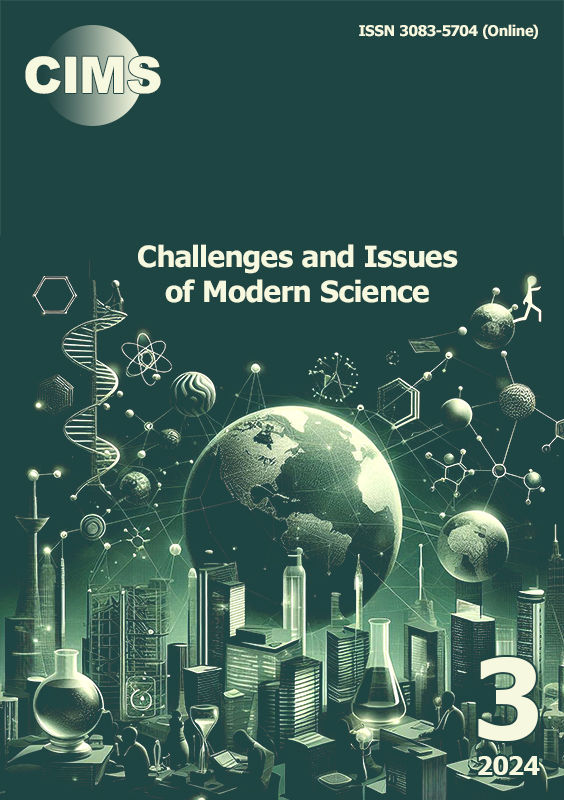Design Analysis and Calculation Methods for Furnace Oil Burners in Heating Systems
Keywords:
Fuel oil burner calculation, burner optimization, heating system design, flame characteristicsAbstract
Purpose. This article aims to show the principle and methodology of developing simple fuel oil burners for autonomous heating boilers that will provide room and water heating, making buildings independent of centralized heat supply. Design / Method / Approach. The research is based on the analysis of existing data on modern heating systems and their calculation methods for the synthesis of simple and compact solutions for the development of new burners. Findings. The result of the work is the disclosure of the operating principles of fuel oil burners, a comparison of their advantages and disadvantages. Based on these data, the simplest and most appropriate type of construction was chosen. The method of its calculation was revealed, which allows you to find its key dimensions and characteristics of the flame torch, which can be used for further calculation of the firebox based on this burner. Theoretical Implications. The study deepens the understanding of the principles of operation of liquid fuel burners and offers a new approach to their calculation, which can be the basis for further scientific developments in this field. Practical Implications. The disclosed method for calculating the burner makes it possible to obtain its dimensions and the characteristics of the flame torch in the furnace when the input parameters are changed. This makes it possible to quickly select the optimal option for various input data of the heating system without limiting yourself to the case presented in the article Originality / Value. The novelty of the work is the creation of a relatively simple methodology for calculating fuel oil burners, which allows you to quickly develop optimal solutions for various heating systems. Specific numerical values allow you to compare the obtained system with analogues to identify its advantages and disadvantages. Research Limitations / Future Research. This study is somewhat limited in detail regarding some specific feed and combustion systems. This is due to their narrow role in heating systems, which are characteristic only for industrial enterprises and sea transport. The data obtained from this work will be the basis for calculating the heating boiler. Paper Type. Theoretical, Methodological.
Downloads
References
Basu, P., Kefa, C., & Jestin, L. (2000). Boilers and Burners. In Mechanical Engineering Series. Springer New York. https://doi.org/10.1007/978-1-4612-1250-8
Baukal Jr, C. E. (Ed.). (2012). The john zink hamworthy combustion handbook: Volume 1-Fundamentals. CRC press. https://doi.org/10.1201/b12975
Pourhoseini, S. H., Namvar-Mahboub, M., Hosseini, E., & Alimoradi, A. (2021). A comparative exploration of thermal, radiative and pollutant emission characteristics of oil burner flame using palm oil biodiesel-diesel blend fuel and diesel fuel. Energy, 217, 119338. https://doi.org/10.1016/j.energy.2020.119338
Downloads
Published
Issue
Section
License
Copyright (c) 2024 Ihor Tokarskyi, Volodymyr Habrinets (Author)

This work is licensed under a Creative Commons Attribution 4.0 International License.
All articles published in the journal Challenges and Issues of Modern Science are licensed under the Creative Commons Attribution 4.0 International (CC BY) license. This means that you are free to:
- Share, copy, and redistribute the article in any medium or format
- Adapt, remix, transform, and build upon the article
as long as you provide appropriate credit to the original work, include the authors' names, article title, journal name, and indicate that the work is licensed under CC BY. Any use of the material should not imply endorsement by the authors or the journal.



















